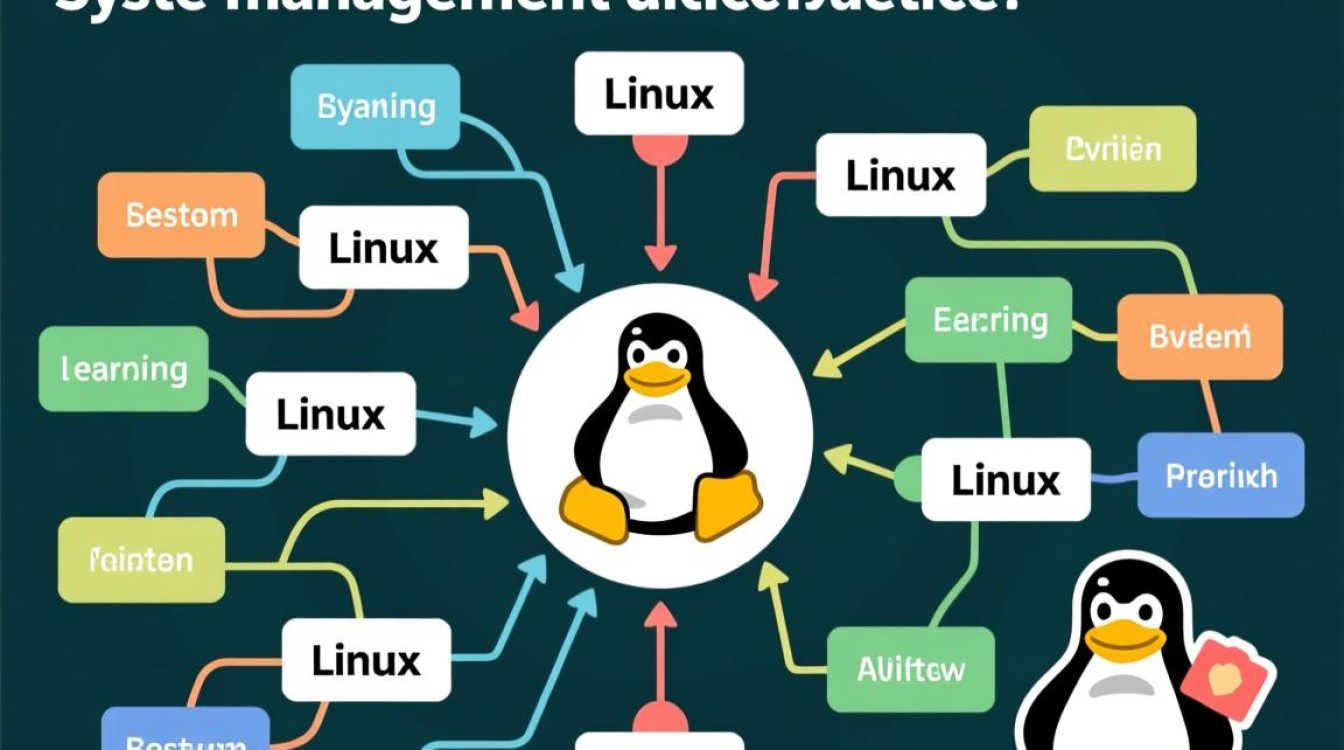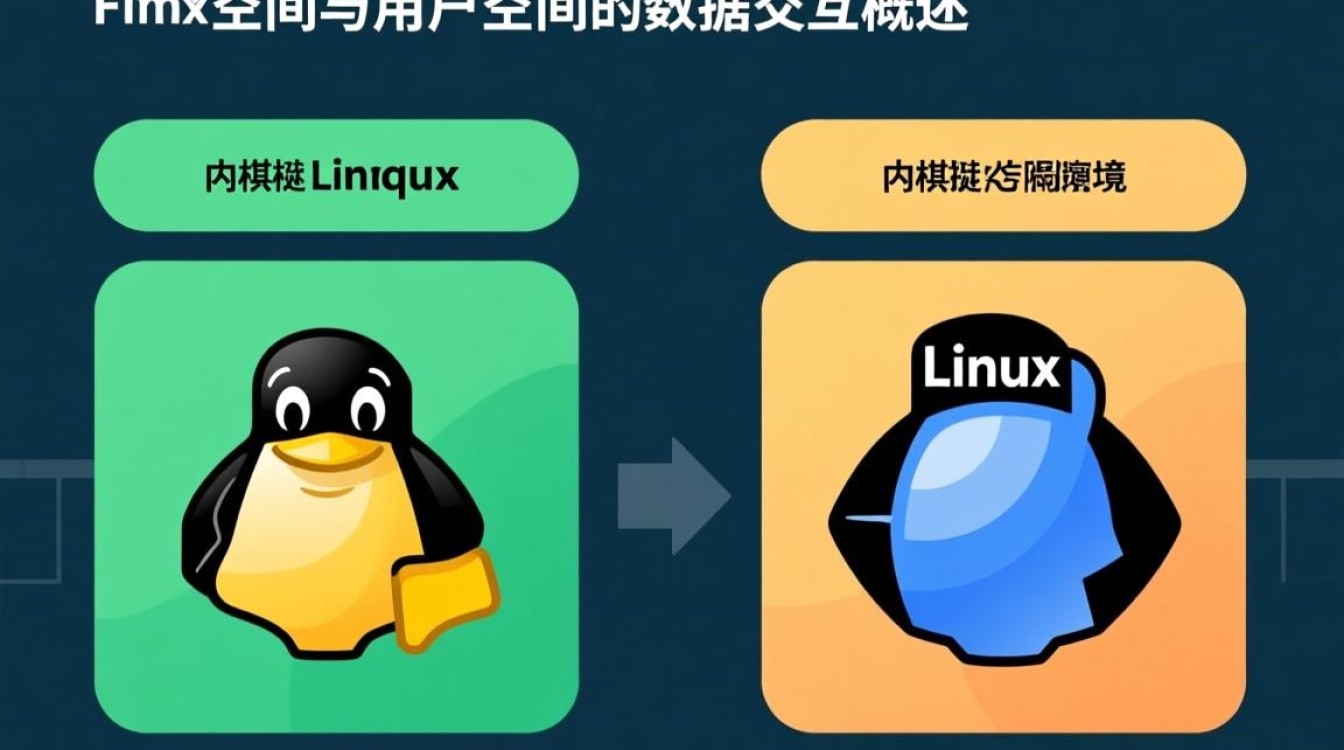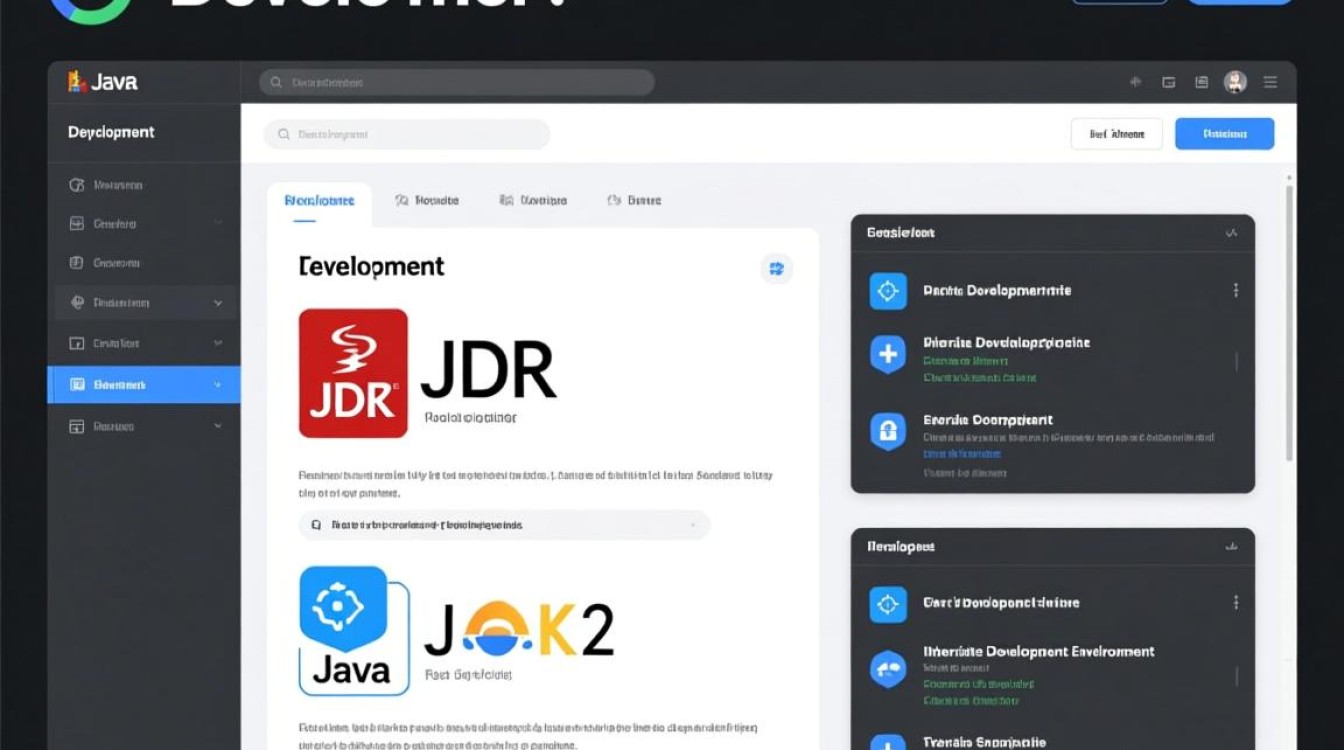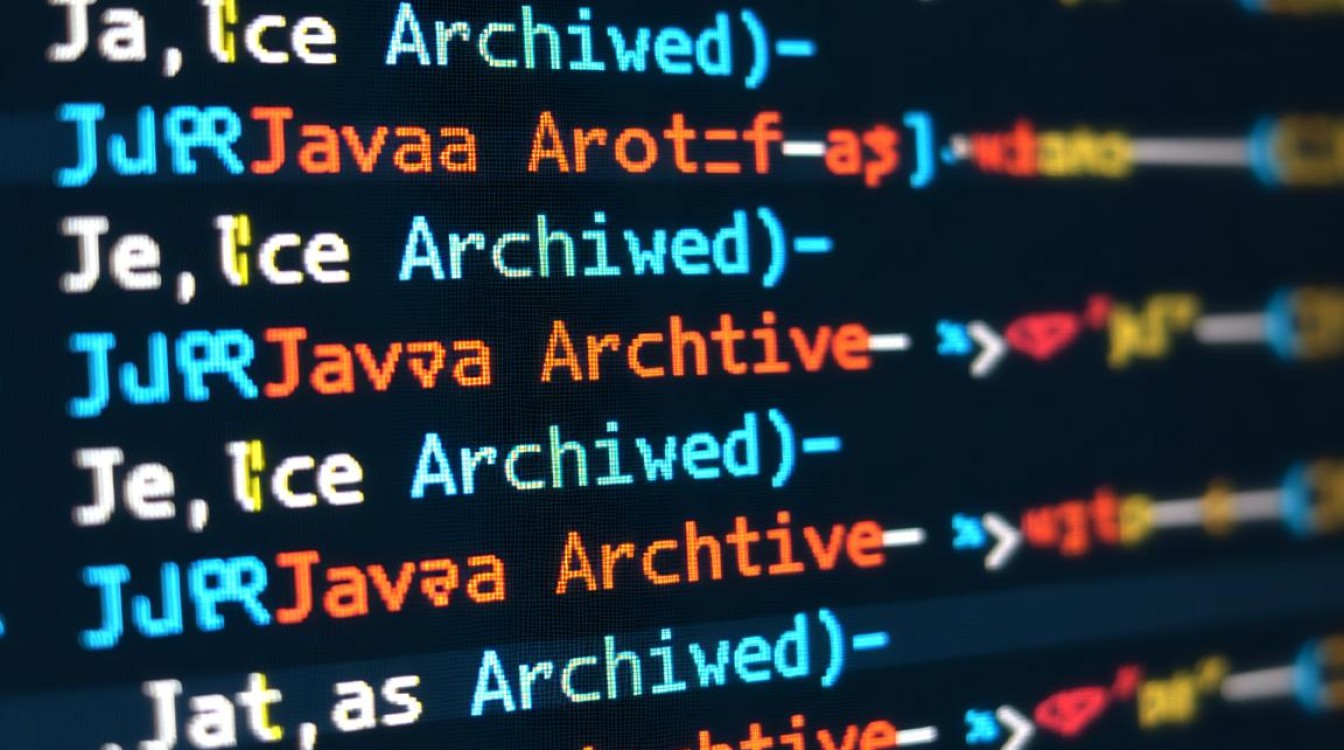在Java程序中获取Linux系统的MAC地址是一项常见的需求,尤其在网络编程、设备识别或安全认证等场景中,本文将详细介绍多种实现方式,涵盖标准库调用、命令行执行、网络接口遍历等方法,并分析各自的优缺点及适用场景。

使用InetAddress类获取本地MAC地址
Java标准库中的InetAddress类提供了获取网络接口信息的基础功能,但直接获取MAC地址需要结合NetworkInterface类实现,以下为具体代码示例:
import java.net.InetAddress;
import java.net.NetworkInterface;
import java.util.Enumeration;
public class MacAddressFinder {
public static void main(String[] args) throws Exception {
InetAddress localHost = InetAddress.getLocalHost();
NetworkInterface networkInterface = NetworkInterface.getByInetAddress(localHost);
if (networkInterface != null) {
byte[] macBytes = networkInterface.getHardwareAddress();
if (macBytes != null) {
StringBuilder macStr = new StringBuilder();
for (byte b : macBytes) {
macStr.append(String.format("%02X:", b));
}
System.out.println("MAC地址: " + macStr.substring(0, macStr.length() - 1));
}
}
}
}
注意事项:
- 此方法仅适用于单网卡环境,且
getLocalHost()可能返回回环地址(127.0.0.1),导致无法获取有效MAC地址。 - 需处理
SocketException异常,确保程序健壮性。
通过执行Linux命令获取MAC地址
在Linux系统中,可通过命令行工具如ifconfig或ip命令获取MAC地址,Java的Runtime类可执行系统命令并捕获输出:
import java.io.BufferedReader;
import java.io.InputStreamReader;
public class CommandBasedMacFinder {
public static void main(String[] args) throws Exception {
Process process = Runtime.getRuntime().exec("ifconfig eth0");
BufferedReader reader = new BufferedReader(new InputStreamReader(process.getInputStream()));
String line;
while ((line = reader.readLine()) != null) {
if (line.contains("HWaddr") || line.contains("ether")) {
String[] parts = line.split("\\s+");
System.out.println("MAC地址: " + parts[parts.length - 1]);
break;
}
}
process.waitFor();
}
}
优化建议:

- 使用
ProcessBuilder替代Runtime.exec(),以更好地管理进程参数和环境变量。 - 增加对
ip link show命令的支持,适配不同Linux发行版的命令差异。 - 需注意权限问题,确保Java进程有执行命令的权限。
遍历所有网络接口获取MAC地址
对于多网卡服务器,需遍历所有网络接口并过滤出物理网卡的MAC地址:
import java.net.NetworkInterface;
import java.util.Enumeration;
public interface MacAddressUtil {
public static void main(String[] args) throws Exception {
Enumeration<NetworkInterface> interfaces = NetworkInterface.getNetworkInterfaces();
while (interfaces.hasMoreElements()) {
NetworkInterface ni = interfaces.nextElement();
if (!ni.isLoopback() && ni.isUp()) {
byte[] macBytes = ni.getHardwareAddress();
if (macBytes != null && ni.getDisplayName().startsWith("eth")) {
StringBuilder macStr = new StringBuilder();
for (byte b : macBytes) {
macStr.append(String.format("%02X:", b));
}
System.out.println("接口: " + ni.getDisplayName() + ", MAC: " + macStr.substring(0, macStr.length() - 1));
}
}
}
}
}
关键点:
- 通过
isLoopback()和isUp()过滤虚拟接口和未启用的网卡。 - 可结合
ni.getDisplayName()或ni.getName()进一步筛选物理网卡(如eth0、ens33等)。
使用第三方库简化开发
若项目允许引入第三方库,Apache Commons Net或oshi等工具可简化MAC地址获取逻辑:
import oshi.SystemInfo;
import oshi.hardware.NetworkIF;
public class OshiMacFinder {
public static void main(String[] args) throws Exception {
SystemInfo systemInfo = new SystemInfo();
for (NetworkIF networkIF : systemInfo.getNetworkIFs()) {
if (networkIF.isInternet() && !networkIF.isVirtual()) {
System.out.println("MAC地址: " + networkIF.getMacaddr());
break;
}
}
}
}
优势:

- 跨平台兼容性更好,同时支持Windows、Linux和macOS。
- 提供更丰富的硬件信息,如网络流量统计等。
异常处理与最佳实践
- 权限问题:确保Java进程有足够权限访问网络接口信息,必要时以root用户运行。
- 多网卡场景:明确业务需求,选择主网卡或所有物理网卡的MAC地址。
- 性能优化:避免频繁调用系统命令或遍历接口,可缓存结果或使用异步加载。
- 日志记录:捕获并记录异常信息,便于问题排查。
Java获取Linux系统MAC地址的方法多样,开发者可根据实际场景选择合适方案:
- 标准库方案:无需额外依赖,但灵活性较低,适合简单环境。
- 命令行方案:兼容性强,需处理跨命令差异和权限问题。
- 第三方库方案:功能全面,适合复杂硬件环境,但需引入外部依赖。
无论采用何种方式,均需注意异常处理和业务逻辑适配,确保程序的稳定性和可靠性。


















